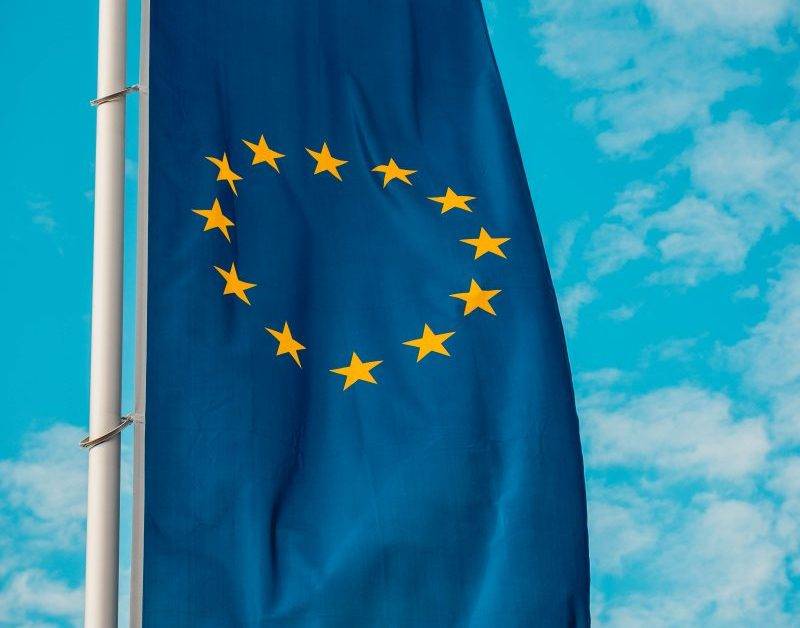The European Union

Free movement of persons: Nationals of countries who are signatories to the Schengen Convention may move freely across borders without passport or administrative requirements.
a, Geographical mobility is a person’s right to go and stay in another member state to seek employment.
b, Occupational mobility covers people’s right to pursue whatever occupation they wish.
c, Social integration refers to workers’ right to all the general welfare benefits available in the given member state
The Treaty of Maastricht
The Maastricht Treaty was approved in 1991. It calls for establishing the European Economic and Monetary Union (EMU) and also a political union. The EMU is designed to result in a common currency. In order to introduce a common currency, member states should bring their monetary and fiscal policies closer together so that inflation rates, budget deficits as a percentage of GDP and public debt as a percentage of GDP would be reasonably similar. The political union involves a number of issues, such as a common European citizenship, joint foreign, defence, immigration and policing policies and the harmonisation of social policy concerning working conditions and employees’ rights. Some countries, such as France and Germany want closer European integration, others such as the UK and Denmark want less centralised control.
EU policies and business
The European Union has economic policies which are designed to help businesses within member countries. These policies vary from employee protection and consumer protection to transport and energy policies. Here we will concentrate on three policies and their effects on business.
The Common Agricultural Policy (CAP): This policy operates in all EU countries and accounted for approximately half of the EU’s 590 billion budget in 1998. Article 39 of the Treaty of Rome states 5 objectives of agricultural policy:
to increase the productivity of agriculture;
to ensure a fair standard of living for farmers;
to stabilise markets;
to guarantee supplies;
to ensure fair prices.
Farmers are guaranteed a fixed minimum price by the EU for their produce. The EU will buy up any amount that farmers produce at this price. Farmers could, of course, always sell on world markets if the market price was higher. If the market price drops below the minimum, however, CAP maintains the price to farmers, thus guaranteeing their income. For farmers the CAP guarantees them a price for their produce so that they are not at the mercy of fluctuations in price. This means that fewer farmers will go out of business during difficult years and, to some extent, their incomes will be guaranteed.
The CAP has a number of problems associated with it.
Overproduction: The setting of high, guaranteed prices has often caused excess supplies of a variety of agricultural products. Any excess supply is purchased by EU authorities. They prevent it from being sold on markets by storing it, resulting in butter mountains, wine lakes etc.
High prices: The minimum price set by the EU for agricultural products as part of CAP is very often higher than the price which would have resulted without their intervention. It is consumers and businesses such as food retailers who suffer as a result of these high prices.
Purchasing excess supplies of agricultural products is expensive for the EU. It is possible that the money spent on this could be better diverted to projects such as providing grants to firms engaged in producing new high technology products.
It prevents non-EU countries from competing in EU markets. It therefore represents an obstacle to the signing of international trading treaties.
Regional policy
The Regional Fund: This provides funds to member states to help reduce unemployment in depressed parts of the EU. It also aims to encourage development in areas on the edge of the EU, such as Southern Italy and Northern Ireland. For example, construction firms may win contracts to build new roads, or industrial units could be financed through the Regional Fund. Similarly, firms may receive investment grants if they locate in particular parts of the EU.
Social policy
Lapozz a további részletekért
